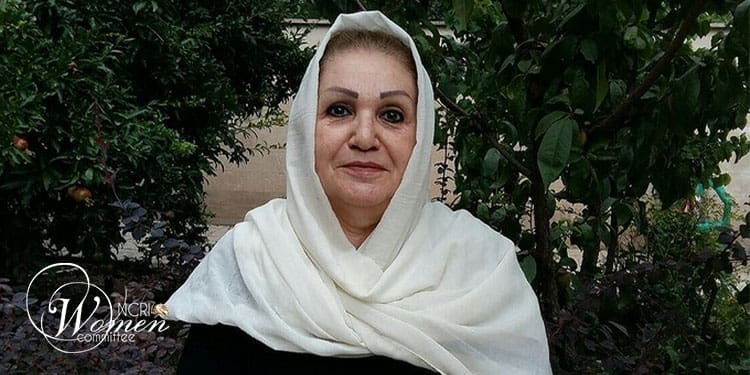On Tuesday, August 12, 2025, political prisoner Raheleh Rahemipour, a member of the 1980s justice-seeking families, was transferred from Qarchak Prison in Varamin to hospital after collapsing in prison. Doctors, suspecting internal bleeding, ordered her immediate transfer from Mofatteh Hospital in Varamin to Pakdasht Hospital, where she was admitted to the Intensive Care Unit (ICU).
In recent weeks, Rahemipour had suffered repeated fainting spells. According to her family, these episodes began sporadically but had intensified in recent months, sometimes occurring several times a week. Prison and judicial authorities took no action to provide her with treatment, insisting instead that she could only be taken to hospital if shackled in handcuffs and leg irons—a degrading and inhumane condition that caused dangerous delays in her emergency care.
International medical standards require that patients in urgent need of care be transferred to medical facilities without restriction. In Rahemipour’s case, prison authorities’ insistence on restraints delayed urgent treatment, placing her in serious danger.

Medical History and Doctors’ Warnings
Raheleh Rahemipour, who suffers from a brain tumor, heart disease, and high blood pressure, is being held in the grim conditions of Qarchak Prison. Her only “crime,” for which she has been imprisoned for more than two years, is seeking justice for the killing of her brother.
An MRI scan in August 2024 revealed that her original tumor had grown and a new tumor had developed, causing pressure on her skull and leading to neurological and sensory problems. Due to her heart condition, she has already undergone three angioplasty surgeries.
The state’s own forensic medical authority has previously confirmed that Rahemipour is “unfit to serve her sentence” and should be placed under specialized medical supervision outside prison. Authorities, however, have ignored these recommendations and, through degrading and inhumane treatment, have worsened her condition.
























